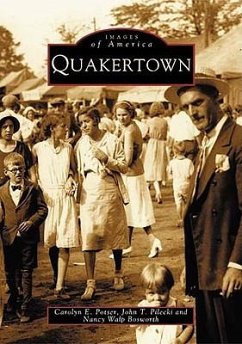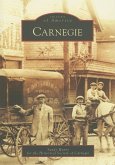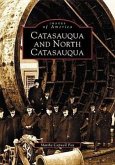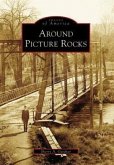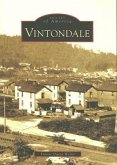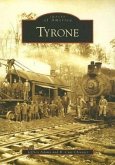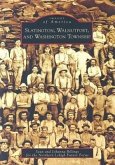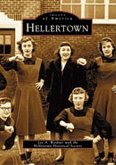English and Welsh Quakers moving north from Philadelphia were the first European settlers to come to Quakertown in the early eighteenth century. German immigrants followed soon afterward and, together with their neighbors, formed this diverse community. The earliest settlement, beginning in 1716 and known as Rich Land, followed the path of the stagecoach on its route from Philadelphia to Allentown. Today, that path is Main Street, which has retained its old meetinghouse and Red Lion Inn. Historical places such as these, along with countless memorable people, events, and legends, make up Quakertown, a fascinating photographic record of this historic community. Quakertown was incorporated in 1855 and became a place where business and industry succeeded, leaders developed a respected school system, and volunteers organized their efforts to provide protection and services to residents. The stunning images in Quakertown not only chronicle physical changes that have occurred over one hundred fifty years but also convey the industrious and cooperative spirit of the people who shaped the town.
Hinweis: Dieser Artikel kann nur an eine deutsche Lieferadresse ausgeliefert werden.
Hinweis: Dieser Artikel kann nur an eine deutsche Lieferadresse ausgeliefert werden.

